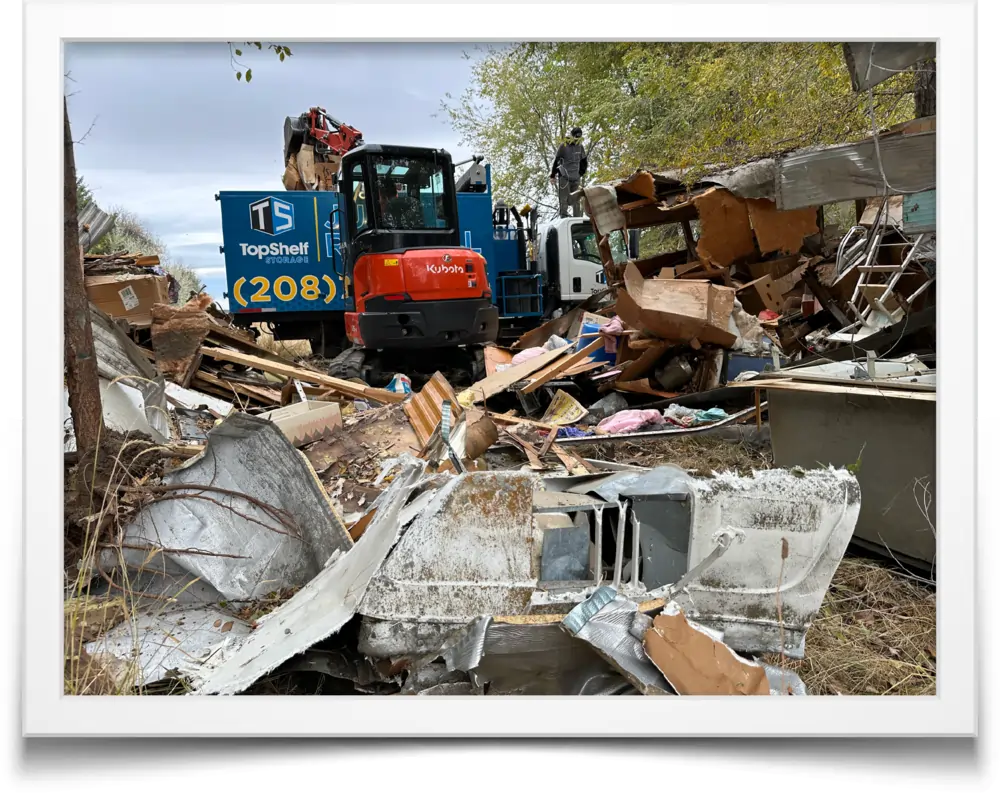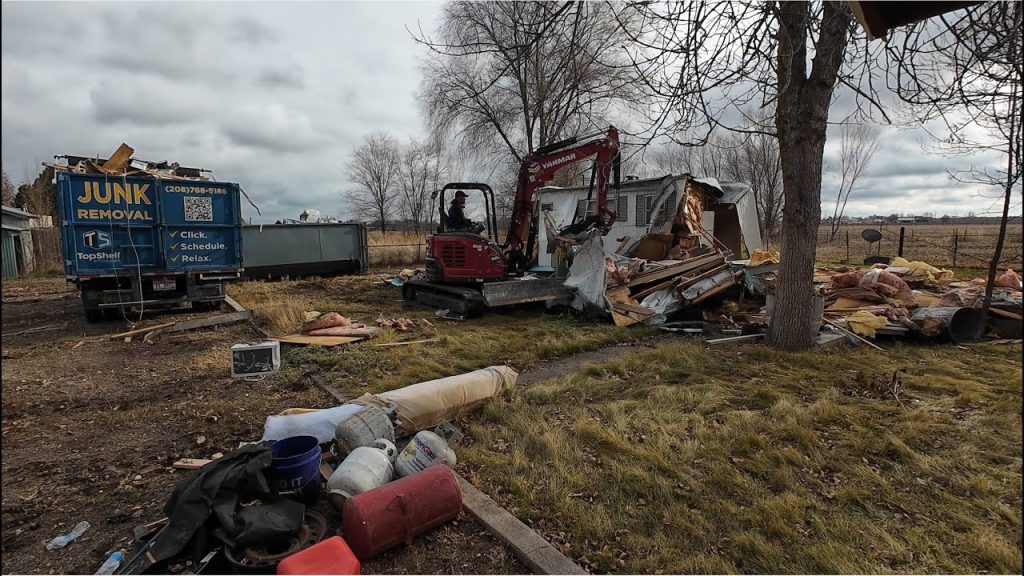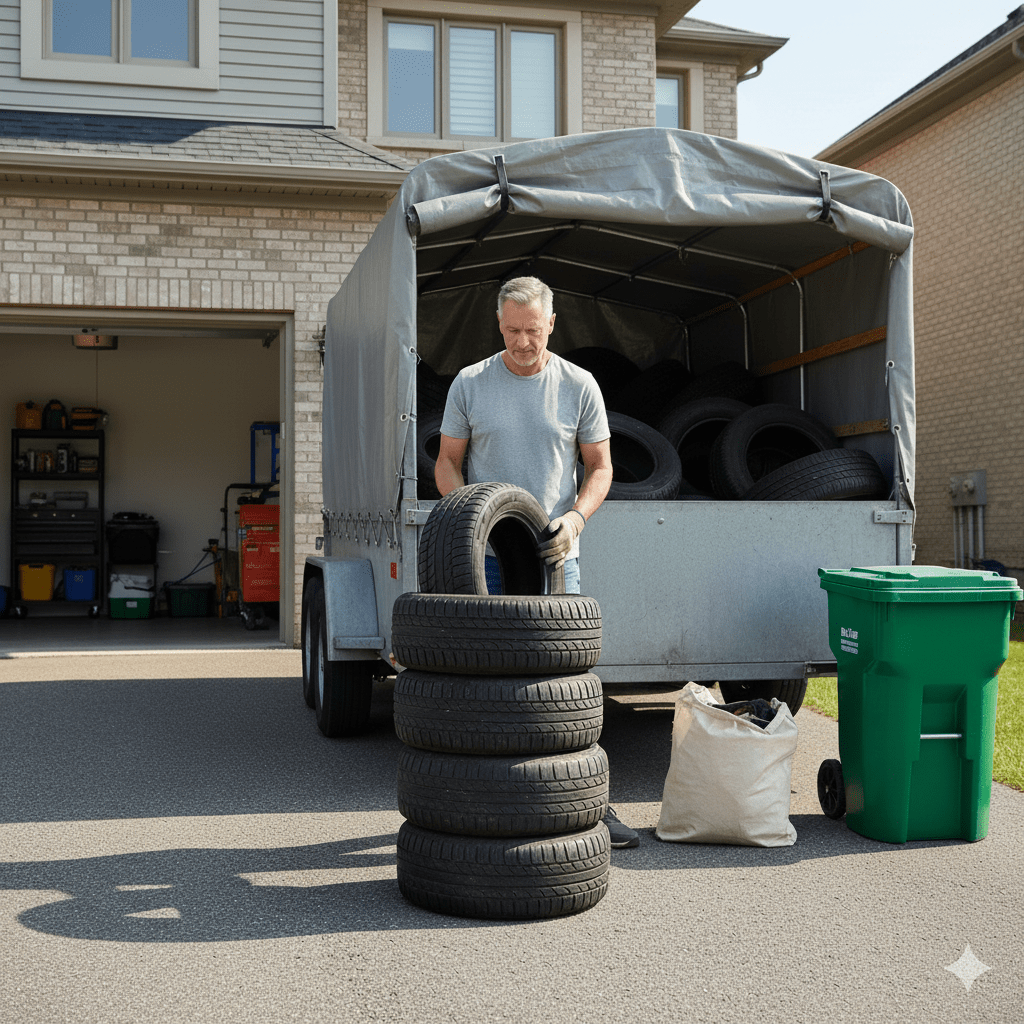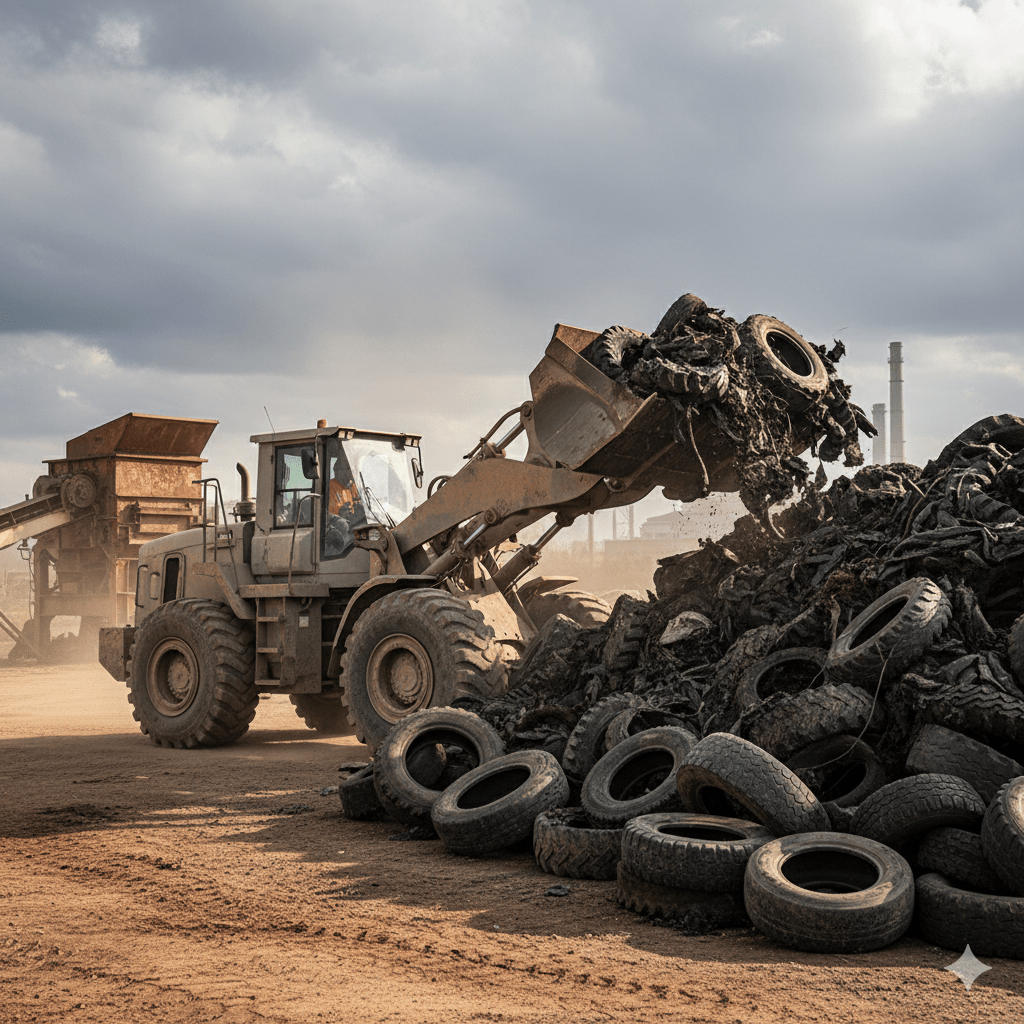You’ve looked at the house. You’ve sighed at the cracks, the mold, the foundation sagging like a bad mattress. And now you’re standing there, realizing something most people don’t want to say out loud: it’s time for house demolition.
Not remodeling. Not another patch job. Not a hopeful weekend DIY rescue mission. You’re going to tear it down and start fresh. Good. That’s honest. That’s healthy. That’s probably long overdue.
But before the excavator shows up like a mechanical grim reaper, there are things you need to know.
Permitting and Legal Requirements for Tearing Down a House
No, you can’t just go full wrecking ball on a house because it pissed you off. Even if it deserves it.
Before demolition starts, you’ll need:
- A Demolition Permit: Issued by your city or county. Requirements vary. Expect fees and processing delays.
- Proof of Ownership: You can’t demolish what you don’t legally own. Seems obvious. It isn’t.
- Utility Disconnections: Gas, electric, water, sewer—all need to be shut off, capped, and signed off on by the utility companies. Skip this and you’ll blow something up or flood your street. Or both.
- Asbestos and Lead Inspection: Older homes are almost guaranteed to have at least one of these. You’ll need a licensed abatement crew to remove hazardous materials before any structure comes down.
- Tree and Environmental Restrictions: Some areas protect “heritage” trees. If you so much as scratch one, expect fines large enough to cover someone else’s house demolition cost.
Moral of the story? Check with your local building department and don’t trust demolition horror stories on Reddit as your legal guidance.
How Long Does a House Demolition Take?
Fast answer: it depends.
For most homes, the actual tear-down takes 2–5 days. Add a few more for:
- Permits and inspections
- Utility shutoffs
- Asbestos removal (if required)
- Site grading and cleanup afterward
So realistically, expect 2–4 weeks start to finish.
Things that slow it down:
- Tight access
- Attached structures (like garages or decks)
- Wet ground or poor soil
- An absent contractor who forgot your address
Pro tip: if you’re searching “house demolition near me,” pick someone who gives you a timeline in writing and sticks to it. Vague promises like “we’ll try to get to it next week” are code for “we forgot you exist.”
Partial vs. Complete Demolition: Pros and Cons
Not every house demolition has to be a total wipeout. Sometimes you keep part of the structure. Sometimes you just want to erase the bad decisions from the ‘70s addition in the back.
Complete Demolition:
✅ Pros:
- You start with a blank canvas
- You eliminate all potential hidden damage
- You can redesign from the ground up
❌ Cons:
- More expensive
- More permits, more waste, more logistics
Partial Demolition:
✅ Pros:
- Saves parts of the home (foundation, framing, etc.)
- Can reduce demolition and rebuilding costs
- Keeps historical or sentimental elements intact
❌ Cons:
- More complicated structurally and legally
- Slower, since it requires precision
- May reveal more problems than you expected (and bill for)
Talk to your contractor. If you’re dealing with old house demolition, partial might sound romantic but end up being just as expensive and twice the headache. Know what you’re keeping and why.

Debris Removal and What’s Left Behind
This is the part everyone forgets: after demolition comes the mess.
Expect several truckloads of:
- Wood and framing
- Insulation
- Shingles and roofing
- Drywall
- Concrete and foundation debris
- Random old stuff no one claimed from the attic
A good demolition company includes:
- Debris hauling
- Site cleanup
- Backfilling holes
- Grading the land for future use
A bad demolition company leaves you a pile of junk and says, “You didn’t ask us to haul it.”
Ask what’s included in the bid. If house demolition and removal isn’t clearly stated, assume it’s not included. Also ask where the debris goes—recycling some materials is not only cheaper but may help you with local landfill limits and reduce your overall demolition of house cost.
Choosing the Right Demolition Contractor
This is where it gets real. You’re not hiring a friend with a pickup truck and a crowbar. You’re hiring a team to erase an entire structure and not destroy your neighbors’ property or violate six laws in the process.
What to look for:
- Proper licensing and insurance (don’t skip this)
- Experience with residential house demolition services
- Clear contract with start/end dates
- Included hauling and disposal
- References or reviews (if they ghost you after you ask, run)
- Experience pulling permits in your city
Search for house demolition companies, compare a few, and interview them like you’re hiring someone to babysit your future dream home’s foundation. Because you are.
Final Thought: Demolition Isn’t Destruction—It’s Resetting
Tearing down a house isn’t a failure. It’s not an admission of defeat. It’s an act of clarity. Of commitment. Of saying, “This structure has served its purpose, and now I’m clearing the way for something better.”
Whether you’re demoing a family home, a fire-damaged mess, or a rental you swore you’d fix “someday,” the goal is the same: clear the lot, clear your head, and build something that actually fits your life.
Just don’t cut corners. Don’t assume. And don’t wait until the roof caves in.
Search for a house demolition company, ask questions like you mean it, and take the first swing—legally, safely, and with full permission. The next chapter starts with a clean slate. Literally.






